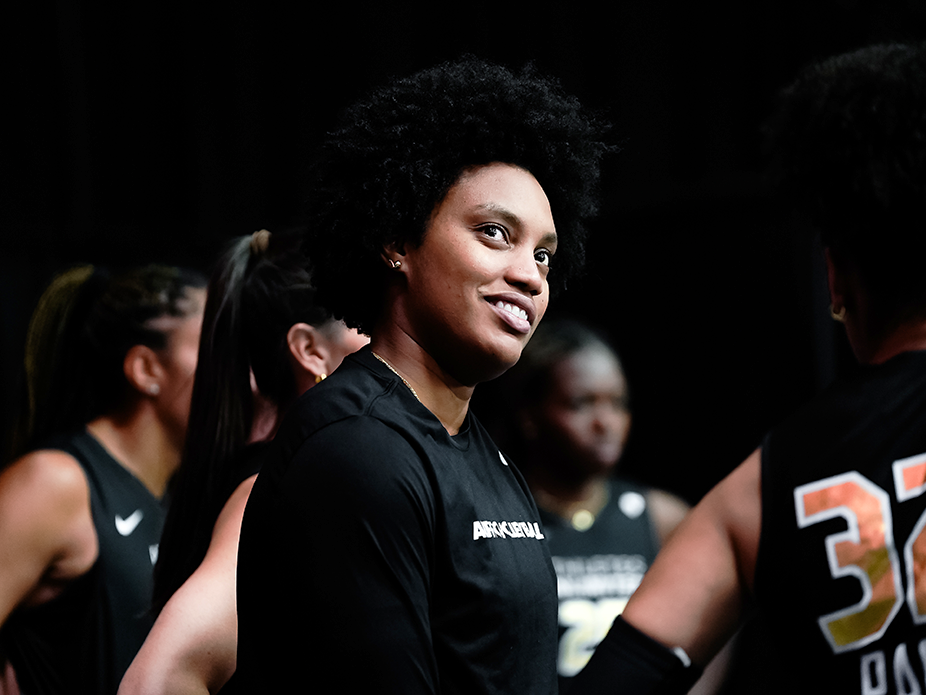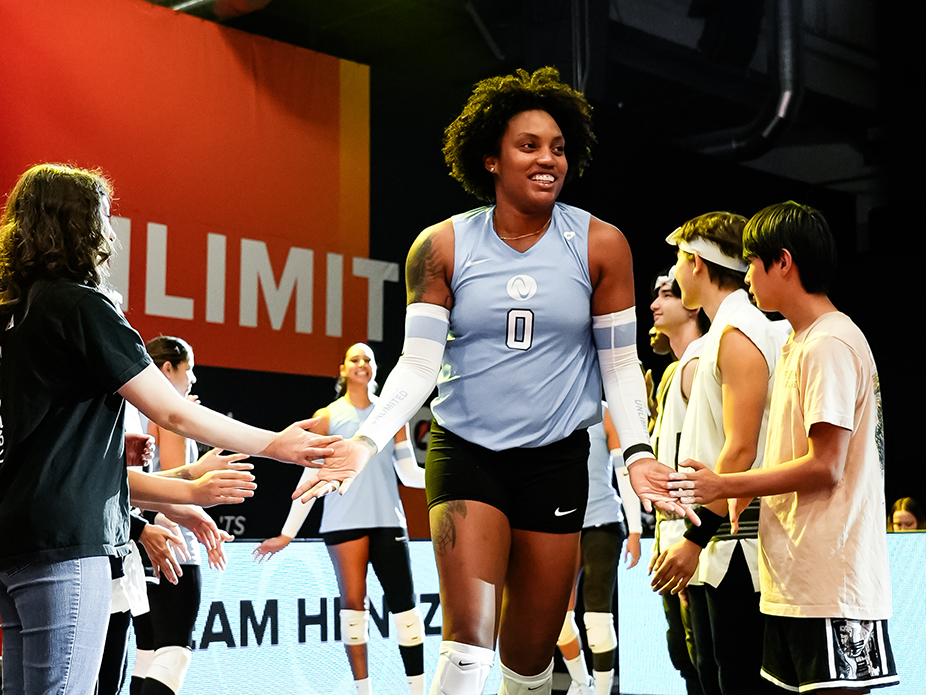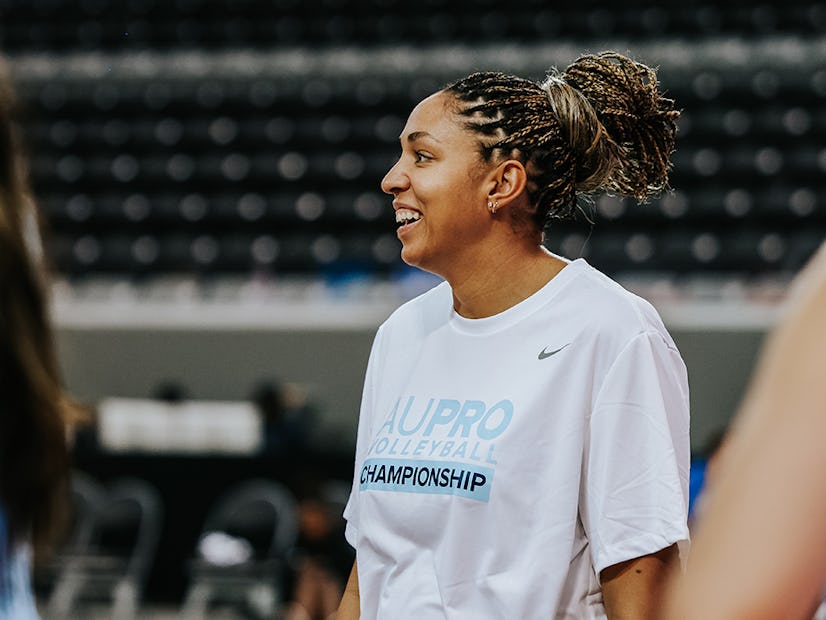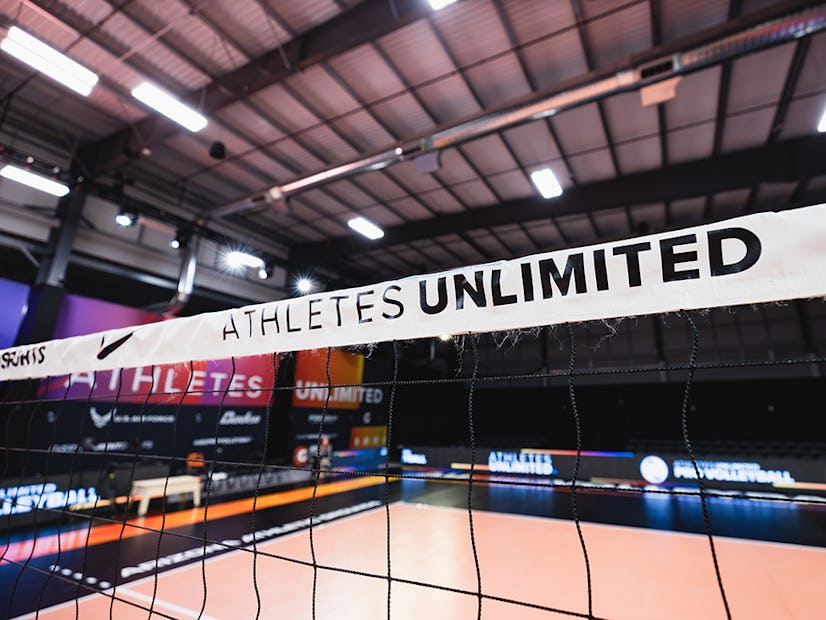
How Heydi Casanova Claimed her Freedom Through Volleyball
From Cuban National Team Defectee to Author of Her Own Career
Heydi Casanova is a traitor.
At least, that’s how she’s been branded by the communist state of Cuba. The reason for this searing label? Casanova dared to protest the mistreatment and exploitation she and her teammates suffered while playing for the Cuban National Volleyball Team.
She’s since defected from the federation, but her relationship with the sport remains untainted as she navigates new playing opportunities abroad and stands firm in her stance against her home country’s dictatorship.
It’s been eight years since Casanova fled Cuba, and the choice has come with challenges. Still, when asked about her decision, her answer will always be the same.
“I don’t have any doubts about what I did. If you gave me one more chance, I would do it again.”
And she isn’t alone in her act of defiance. When she and teammate Lisset Herrera slipped away from their team in a Slovenian airport–one of the few places the state-sponsored athletes were allowed possession of their own passports–while returning from the U23 World Championships, they joined the hundreds of Cuban athletes who have taken that same chance.

But before the now decorated opposite hitter reached her breaking point under the National Team’s harsh regulations, defecting was something she never considered.
Her volleyball journey began at 12 years old, when she immediately took to the sport, despite never having played or even watched a match. Her rapid improvement, above-average height, and a family connection led to her entry into Cuba’s Escuelas de Iniciación Deportiva, an intensive sports initiation school designed for scouting and molding future national team players.
Casanova was captivated by the sport, and in the highly competitive sports academy, making the national team quickly became her sole focus. After just one year, she was called up for her first competition with the U20 squad. At 13 years old, her competitive drive intensified as she competed for a spot in the lineup with teammates up to seven years her senior.
She started as a middle blocker, and although her lack of experience meant she bore the brunt of in-practice punishments and extra conditioning assignments, the high-pressure environment didn’t dim her excitement. The value of the opportunity wasn’t lost on her, and she was determined to earn her place on the team.
Casanova laughs when she recalls the intensity of her youthful competitiveness.
“I always had the oldest players over me, so I was laughing in practices or off of the court, but when they put me in to play, I was like, dead face, and like, ‘I’m going to kill you because I want my place.’”
Now 26 years old, Casanova can pinpoint the exact moment she felt that something was amiss with the National Team environment she was raised in.
During the 2015 Pan American Games in Toronto, Canada, one of her teammates ran from the team.
“As a kid, I was like, ‘Okay, the situation of the country is not the best, but I think I can be good here,’” Casanova said. “My family was really close, so I never thought about leaving. But after that girl ran away, it changed my point of view.”

As she flew up the ranks of the national team and quickly became known as one of the country’s most promising rising stars, her disillusionment with the system progressed.
While her on-court success continued to make money for the Cuban Government, she didn’t see a cent of her winnings outside of occasional extra meal money. The national team kept her clothed, housed, and fed, but she had no freedom to make personal purchases. Casanova was given no more than the bare necessities, and she and her teammates resorted to trading clothing and souvenirs with opponents, selling Cuban cigars for pocket change, and were often secretly gifted gear from other national teams.
“We used to play with USA and they were really kind to us,” she recounted. “They used to give us shoes, clothes, a lot of stuff. But, because of our country, we could not wear those things because it’s from ‘the enemy’… We’d just sell it.”
As she grew older, Casanova felt the desire to provide for her family and repay them for the sacrifices they made for her volleyball career. But the $10 she earned for the occasional box of cigars felt insufficient.
When her long-time teammate and best friend, Melissa Vargas, suffered a shoulder injury, received poor medical care, and was discarded by the federation, Casanova raised her concerns.
Vargas’ mishandled medical situation was not unique, and she was later handed a four-year ban for being non-compliant with the federation’s injury recovery requirements.
In an effort to slow the rising rates of defecting national team members, Cuba began to adjust its policies to allow athletes to sign contracts abroad and receive some compensation for their play. Casanova, however, had become outspoken about her mistreatment. As punishment, unbeknownst to her, she was blocked from competing outside of the country.
Meanwhile, she continued to dominate in international competitions, leading her team at the 2017 Pan-American Cup, where she tallied a Pan Am Cup record 41 points before pacing the team in the FIVB U20 and U23 World Championships.
Still, until a family friend informed her that her lack of foreign contract offers wasn’t a coincidence, she was led to believe that she was unwanted by the volleyball clubs abroad.
“They were just blocking me because I was saying the truth,” Casanova said. “And I said, ‘That’s it, I’m not gonna allow it anymore.’”
View this post on Instagram
Casanova was approached by an agent who offered to get her a contract outside of Cuba, and she was faced with two choices: accept the two-year seizure of her passport as punishment for quitting the national team, or run.
Casanova weighed her options, made her plan of escape, and hasn’t looked back.
Since defecting, she’s played professionally in France, Brazil, Romania, China, Türkiye, and, most recently, in the United States with League One Volleyball’s Salt Lake squad. In that time, she’s earned quite the collection of championship hardware, including the 2021 and 2024 Romanian League titles, the 2021 Ukrainian Cup, the 2022 Ukrainian Superliga Cup, and the 2022 French Saforelle Power 6 crown and French Cup.
“My agent would ask me, ‘Where would you like to play?’ and I could tell him, ‘I’d love to play in Brazil,’ and they’d find me a contract in Brazil. I never knew it was that easy,” she explained.
Casanova’s first contract in the United States was with Athletes Unlimited, which was recommended to her by Turkish league teammate Tori Dixon.
She was intrigued by the unfamiliar format and jumped at the chance to compete in the 2024 AU competition. Her transition to U.S. leagues marked the start of a new chapter in her playing career, and has changed her outlook on the sport.
“I feel like now that I can just have fun and just enjoy my teammates and just make really good memories, because until now, I’ve been playing all for money, or just going to the country that I want to play in, just to have the feeling of what it is to be there,” she said. “But at this point of my career, I just want to have fun.”
View this post on Instagram
Although she’s flourished in the freedom she found abroad, her heart remains with her family members who remain in Cuba and every citizen who suffers as a result of the country’s economic crisis.
“I still talk to [my parents]. Well, whenever the internet allows us,” she explained. “When I was a kid living there, you might not have electricity for a whole day. Then you have it the next day…But now it’s like, you’ll maybe get electricity three hours a day there.”
She hopes to serve as an inspiration for anyone struggling in the midst of Cuba’s political unrest.
“The government there is killing the people. Basically, they have absolutely nothing, no food, no water, no electricity … It’s not good,” she said. “I will stick with that until Cuba is free … If I could tell any of the Cubans that have the opportunity to run, I will tell them to, or stay there, but at least raise your voice and say, ‘Hey, this is wrong.’”
For Casanova, the freedom that she’s found in the last seven years of her career is well worth the risk, the uncertainty, and the sacrifice etched between the lines of her volleyball résumé.
“I’m doing this because of me, because of my family … I always keep in mind where I come from, everything that I’ve gone through. It’s a good feeling.”
Siera Jones is the digital media reporter at Athletes Unlimited. You can follow her on Instagram and X @sieraajones.




